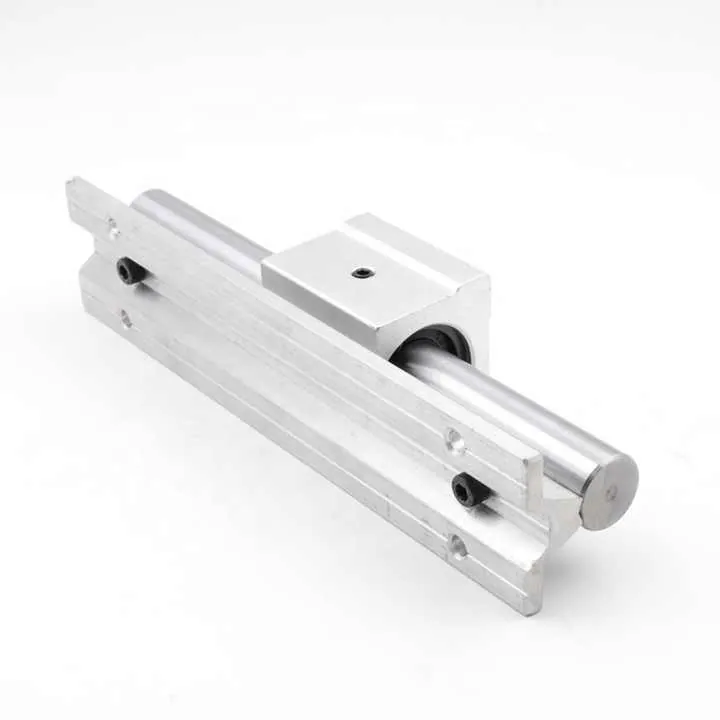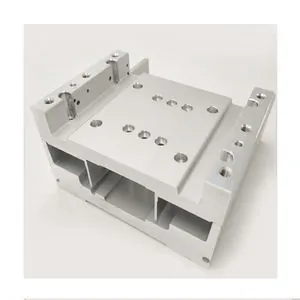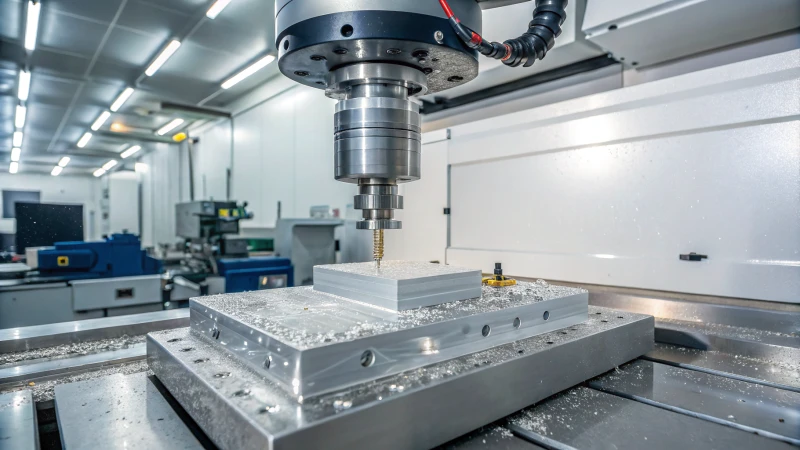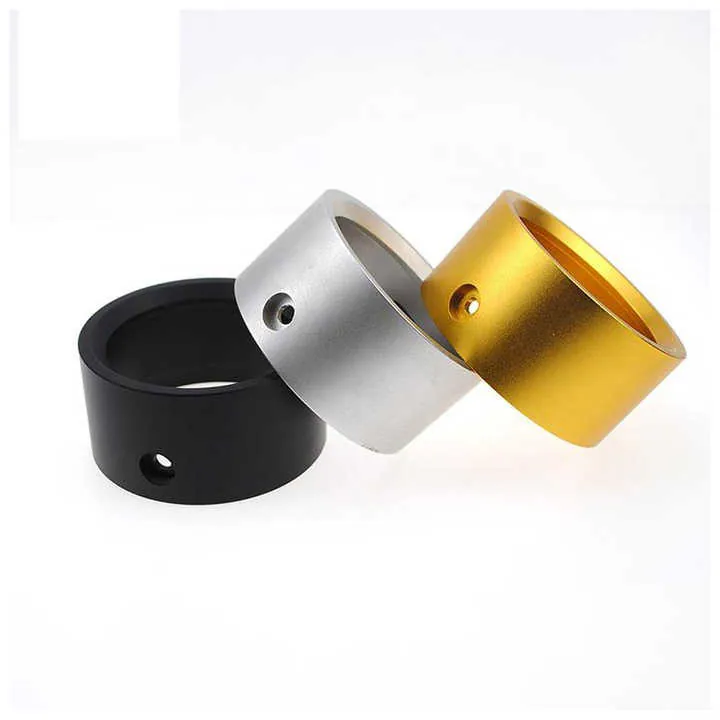CNC Machining Belarus: Manufacturers & Industry Guide

Part 1: Market Size and Growth
In recent years, Belarus has gradually emerged as a niche hub for CNC machining and precision manufacturing in Eastern Europe. As global supply chains diversify, some companies are exploring Belarus for its engineering talent and industrial heritage. Demand from sectors like aerospace, automotive, and electronics is pushing local capabilities.

The market scale remains modest compared to leading nations, but it is growing steadily. Local firms often specialize in mid-volume parts and precision components, serving both domestic firms and export clients in the EU, Russia, and Central Asia. Newer small to mid enterprises (SMEs) invest in 5-axis CNC routers, turning centers, and supporting CAD/CAM systems.
Government policy, foreign investment, and clustering around industrial zones influence future growth. Belarus’s trade agreements with the Eurasian Economic Union and ties to Russia and neighboring markets shape demand and export dynamics. Also, rising labor costs in China push some orders to lower-cost Eastern Europe, giving Belarus opportunities.
Part 2: Leading Companies
Here I introduce three prominent Belarusian CNC machining firms (or ones with operations there).
Belmach (Belarus Machinery Works)
Contact Now

Belmach is one of the older heavy machinery producers in Belarus, originally established in the 1950s under Soviet industrial programs. Over time it diversified into components manufacturing and parts machining. Today, it houses CNC machining centers, milling and turning lines, and supplies parts for heavy industry.
Belmach’s CNC capabilities include large format machining, deep boring, and multi-axis milling. It serves heavy equipment, energy, and mining sectors. Its strengths are in machining large castings and structural parts, where rigidity and stability are essential.
It works mainly with industries such as power generation, oil & gas, heavy machinery, and mining equipment producers. Belmach emphasizes robustness, wear resistance, and ability to handle tough materials (alloys, high strength steels).
In terms of innovation, Belmach has begun introducing digital measurement systems, remote monitoring, and adaptive tool compensation. It has earned regional industry awards and recognition from Belarus’s state industrial excellence programs.
Minsk Machine-Tool Factory (MMF)
Contact Now

The Minsk Machine-Tool Factory traces its roots back to the Soviet era as a core machine tool builder. Over decades it adapted to supply precision parts and subassemblies, and today also incorporates CNC machining operations for external clients.
It runs both vertical and horizontal milling, CNC turning, and finishing operations. Its service portfolio includes prototyping, small batch runs, and custom parts for industrial clients. MMF’s advantage is in combining machine tool design competence with in-house part manufacturing.
It serves automotive suppliers, mechanical engineering, and agricultural equipment producers. The integrated capability helps it support clients that also need repair parts and retrofits.
From a technology perspective, MMF works with toolpath optimization, thermal compensation, and in recent times has trials in automation (robot loading/unloading). It holds certifications under Belarusian industrial standards and sometimes participates in joint R&D with universities.
Beltechprom (Hypothetical / Emerging SME)
Contact Now

Beltechprom is a more recent private SME specializing in precision component machining for electronics, instruments, and small assemblies. It was founded in the 2010s by a group of engineers who saw a niche in supplying tight-tolerance parts to niche European firms.
Beltechprom uses modern 5-axis CNC milling, Swiss turning centers, and coordinate grinding. It targets businesses requiring high precision, such as instrumentation, aerospace subsystems, and medical components.
Its customers are smaller European OEMs and R&D firms, seeking a cost-effective alternative to Western European suppliers. The company invests in quality systems, metrology (CMMs, laser scanning), and traceability.
On innovation, Beltechprom took part in a regional grant program to incorporate IoT sensors on machines for condition monitoring. It received regional SME awards and recognition in quality circles.
| Company | Founded | Core Products / Services | Industries Served | Certifications / Honors |
|---|---|---|---|---|
| Belmach | 1950s (historical origin) | Large format CNC machining, structural parts | Heavy equipment, energy, mining | State industrial awards, regional recognition |
| MMF | Soviet era / mid 20th c. | CNC machining, prototyping, part supply | Automotive, engineering, agriculture | Belarus industrial certifications, R&D ties |
| Beltechprom | 2010s (private SME) | Precision components, 5-axis machining | Instrumentation, aerospace, medical | SME awards, quality system certifications |
Part 3: Trade Shows and Industry Events
Here I list key events (in Belarus or regionally accessible) relevant for CNC / manufacturing.
Belarus Industrial Tech Expo

This is a national industrial technology expo held annually in Minsk, Belarus. It focuses on machine tools, automation, CNC processing, and industrial equipment.
It typically takes place in late spring or early summer in Minsk city. Many local firms, government agencies, and international exhibitors from Russia, Ukraine, and Poland attend. The visitor base includes factory owners, engineers, and procurement teams.
Highlights include CNC machine tool displays, live machining demonstrations, automation booths, and seminars on modernization of industry. It is a central meeting for local players who want to see new tools or meet suppliers.
Eastern Europe Manufacturing Forum

This is a regional event that often rotates between cities in Belarus, Poland, Lithuania, or Ukraine. It gathers manufacturers, tool makers, software providers, and consultants focused on CNC, additive, automation, and Industry 4.0.
It usually occurs in Q3 or Q4 of each year. Expect 100+ exhibitors, technical sessions, and roundtables on digital manufacturing. Many Belarusian firms travel to attend, and foreign tool suppliers exhibit their latest CNC machines, control systems, and software solutions.
Highlights: demonstrations of multi-axis machining, automation cells, smart factory solutions, workshops on tolerancing, CAM strategies, and supply chain partnerships.
| Event | Date (Typical) | Location | Highlights |
|---|---|---|---|
| Belarus Industrial Tech Expo | Late spring / summer | Minsk, Belarus | CNC tool demos, industrial automation, local networking |
| Eastern Europe Manufacturing Forum | Q3 / Q4 annually | Varies (Belarus/NE Europe) | Smart manufacturing, multi-axis demos, software sessions |
Part 4: Impact of Global Trade Policies
Belarus’s geopolitical positioning means trade policies and sanctions heavily influence its CNC machining sector. Western sanctions, export controls, or financial restrictions can restrict access to high-end machine tools, controllers, or critical materials. Belarusian firms often look to Russian, Chinese, or regional suppliers to source equipment.
Local substitution and supply chain resilience become critical when imports are constrained. Firms try to develop domestic tool suppliers, mechanical components, and software, reducing dependence on restricted imports. This push toward local content is both a challenge and an opportunity.
On international competition, Belarusian firms compete with cheaper Eastern European and Asian producers. To succeed, they must offer niche specialization (tight tolerances, bespoke small batches) rather than mass commodity parts. Export opportunities exist in nearby markets (Russia, Central Asia), but volatile trade policies or currency risk can destabilize returns.
Economic treaties (e.g. Eurasian Economic Union) influence tariff levels, cross-border logistics, and customs handling. Changes in those agreements can either ease or hamper exporting to neighbors. Also, rising global tensions, blockades, or sanctions may force Belarusian firms to find nontraditional markets or limit growth.

Part 5: Conclusion
Belarus’s CNC machining sector holds promise in niches. It is not aiming to compete at scale with industrial powerhouses, but it can carve out a position in precise, small-batch manufacturing for neighboring markets and specialized industries. The combination of skilled labor, proximity to Russia & Central Asia, and growing recognition offers a base for incremental growth.
Yet the sector faces risks and constraints. Access to high-end machine tools or components may be restricted by sanctions. Currency volatility, geopolitical uncertainties, and competition from lower-cost regions pose constant pressure. For firms here, success will depend on agility, niche focus, and supply chain resilience.
Recommended Reading:
CNC Machining Afghanistan
CNC Machining Albania
CNC Machining Andorra
CNC Machining Angola
CNC Machining Antigua And Barbuda
CNC Machining Armenia
CNC Machining Azerbaijan
CNC Machining Bahamas
What Benefits Do Aluminum Bending Services Offer?
Special Aluminium Profiles
Extrusion Led Aluminum Channel
Customize Extruded Aluminium Shower Profiles



